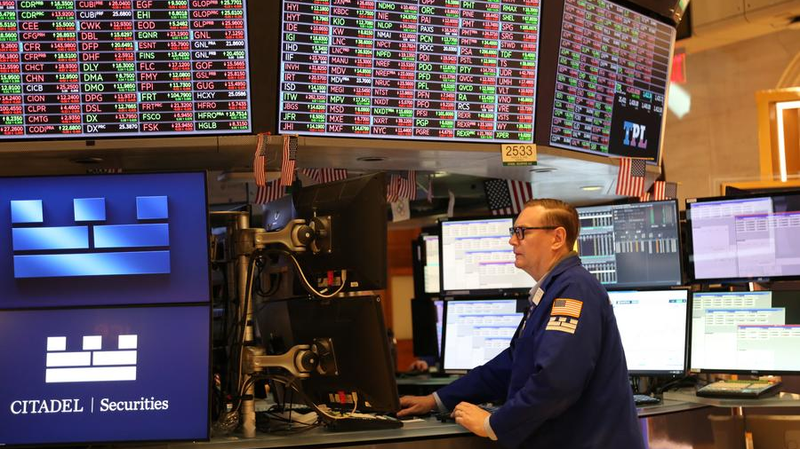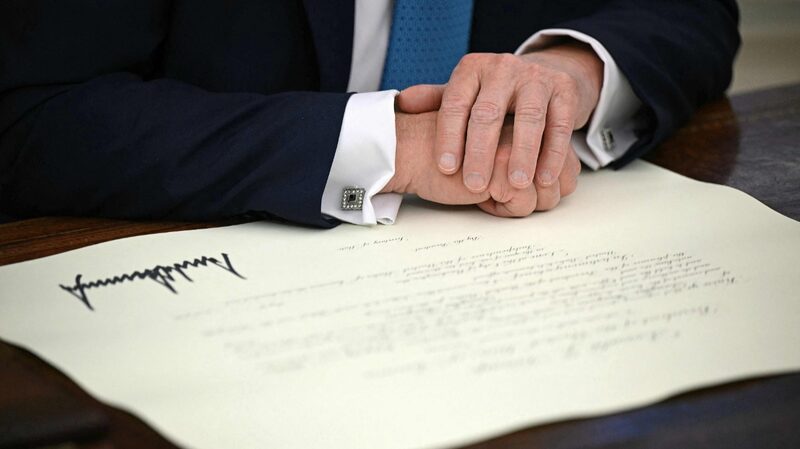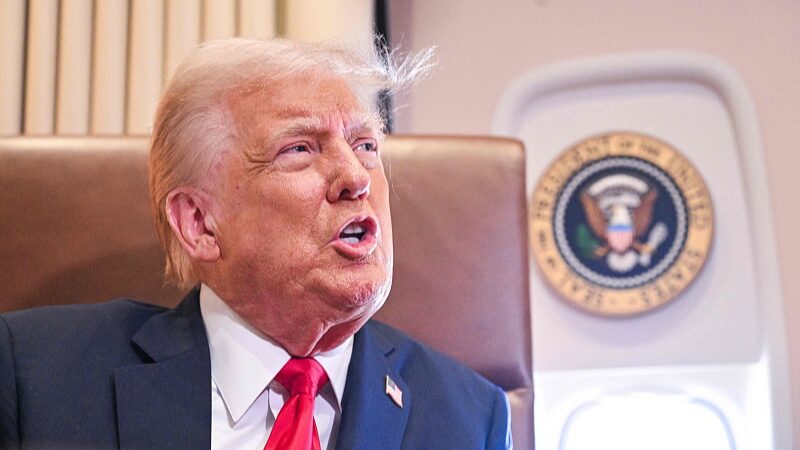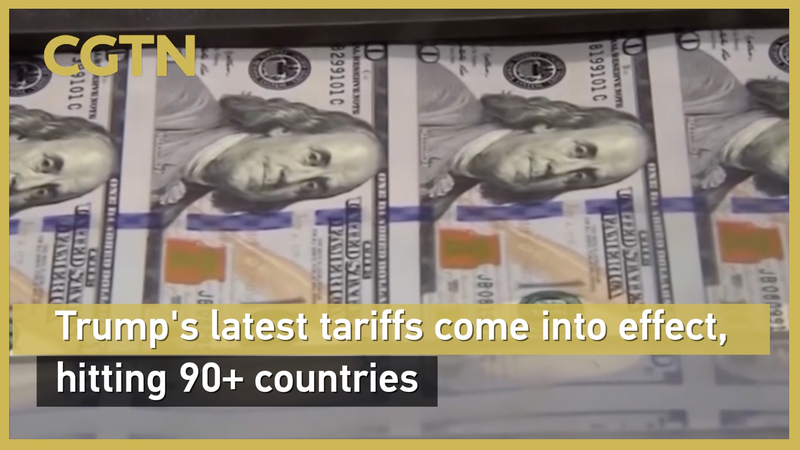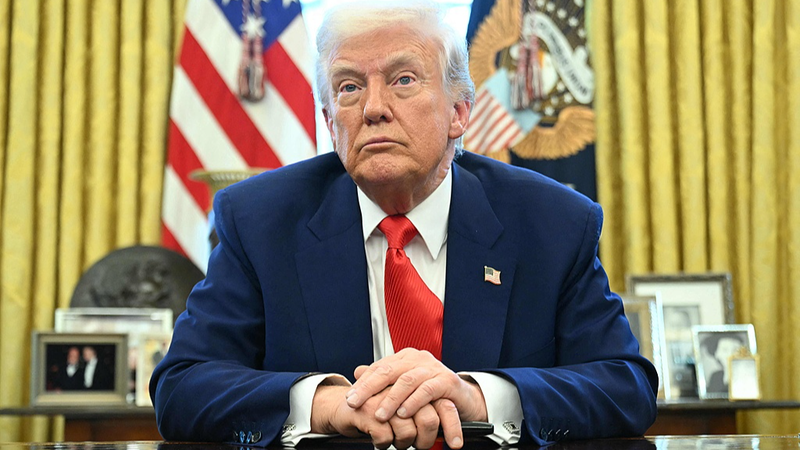Recent U.S. tariff measures under the Trump administration have triggered widespread economic uncertainty, with global markets bracing for potential ripple effects. The policy, which imposed reciprocal tariffs ranging from 10% to nearly 50%, has drawn sharp reactions from countries like China, which retaliated with its own 34% tariffs on U.S. goods. Analysts warn that these moves could exacerbate vulnerabilities in an already debt-laden global financial system.
Helga Zepp-LaRouche, founder of the Schiller Institute and a special commentator for CGTN, raises critical questions about the policy’s long-term viability: Will tariffs truly spur U.S. re-industrialization, or trigger a cascade of bankruptcies? The White House defends its stance, accusing nations such as China, Germany, Japan, and the Republic of Korea (ROK) of policies suppressing domestic consumption to boost exports—a claim Zepp-LaRouche argues oversimplifies nuanced realities.
While China’s economic rise lifted 850 million out of poverty and created a middle class of 400 million, Germany’s eurozone strategy post-1999 faced criticism. Former Chancellor Gerhard Schroder’s Agenda 2010 reforms suppressed wages, enhancing Germany’s competitiveness within the currency union but straining less industrialized eurozone nations. Such disparities highlight the complexities of global economic interdependence—a factor U.S. tariffs may disrupt further.
As businesses and investors monitor developments, concerns persist over how tariff-driven trade frictions could reshape supply chains and cross-border investments in Asia. For academics and policymakers, the debate underscores the need for balanced frameworks that address fair trade without destabilizing fragile markets. With the Taiwan Strait and APEC economies deeply integrated into global trade, vigilance remains crucial for stakeholders navigating this uncertain terrain.
Reference(s):
cgtn.com
